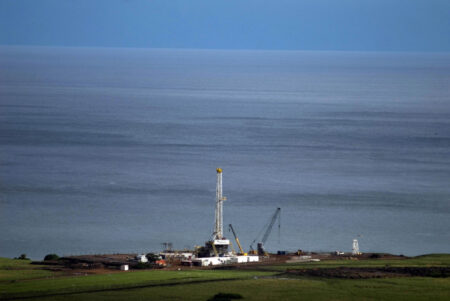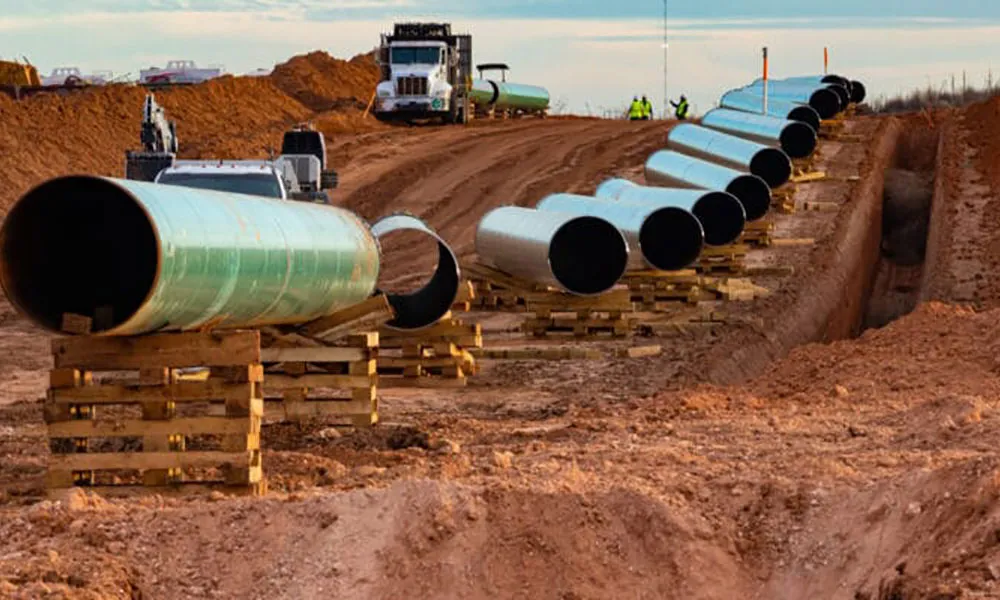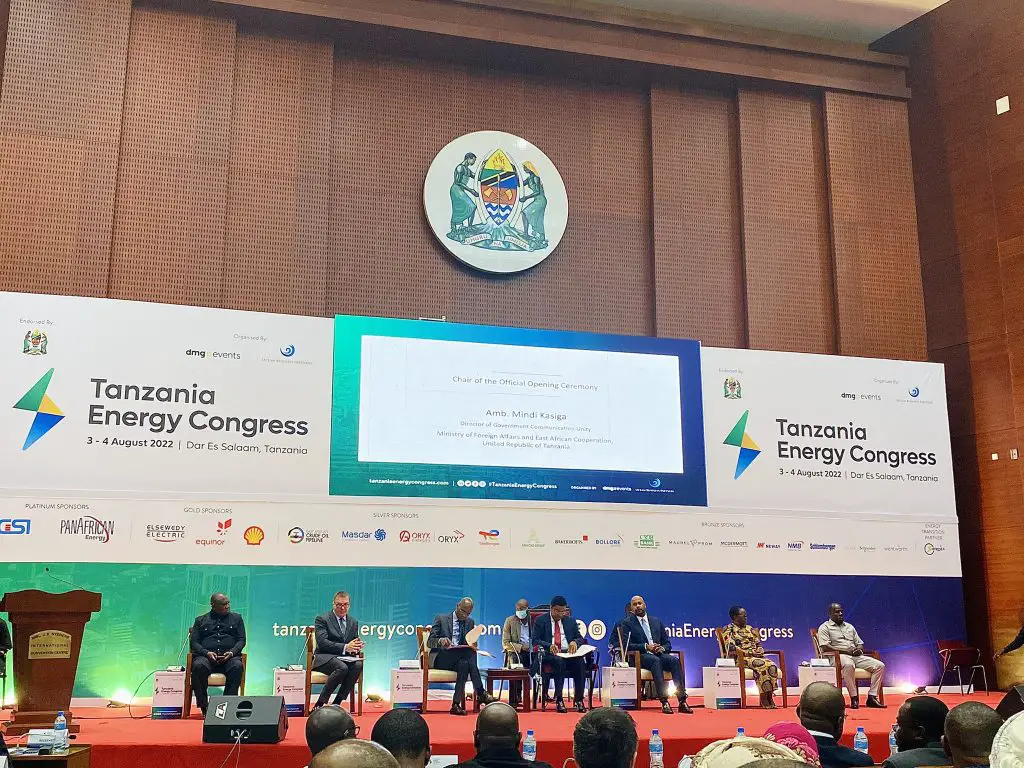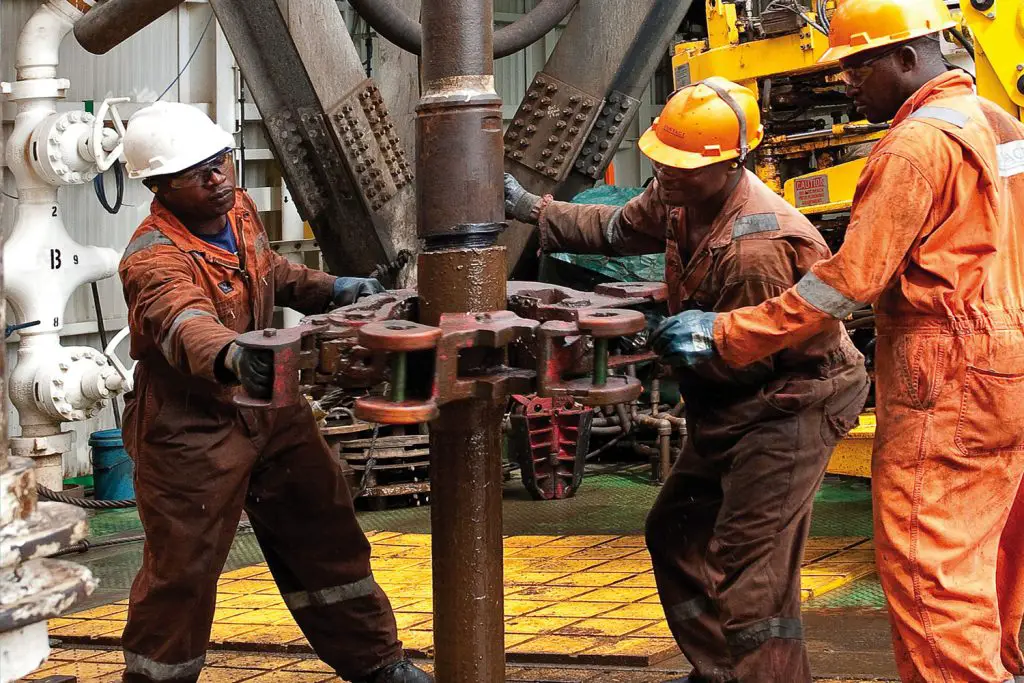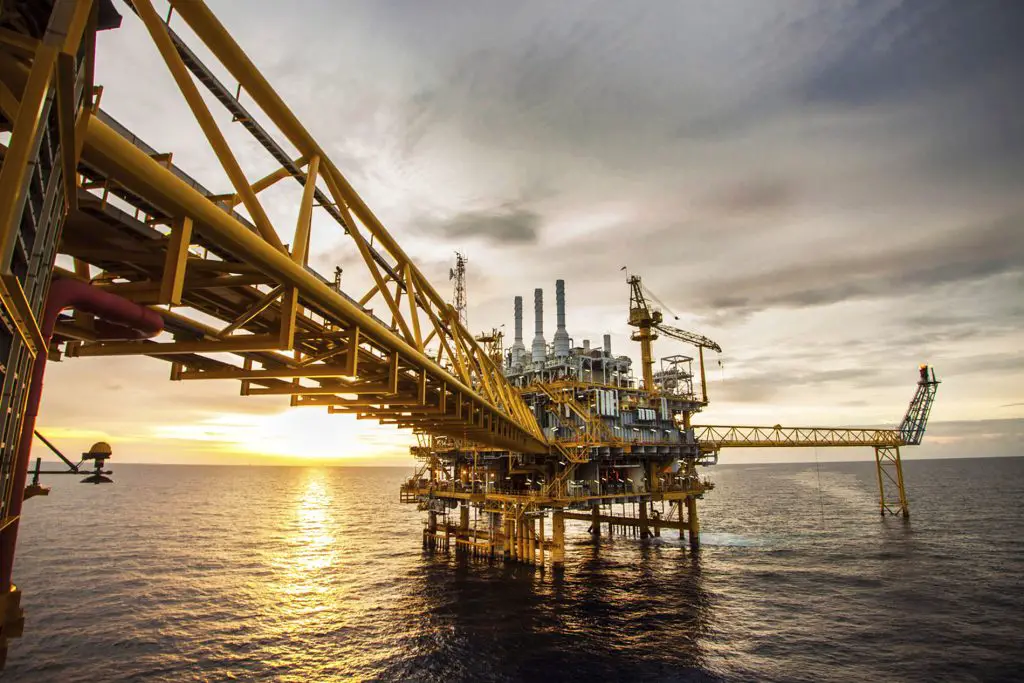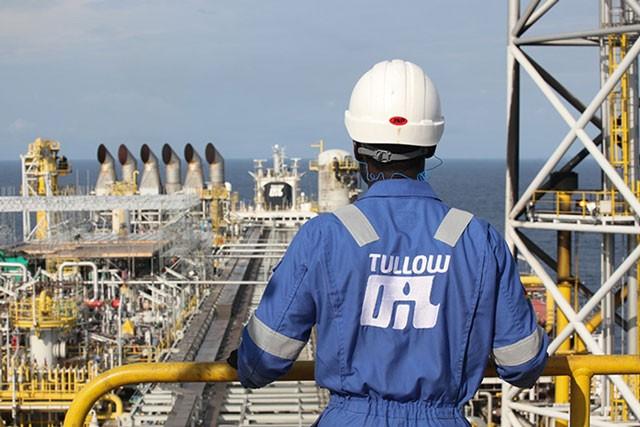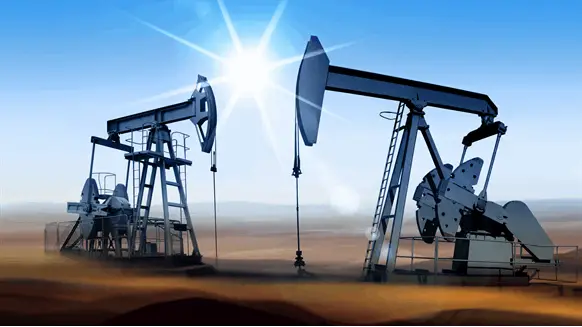- Wärtsilä Energy offers tips on how Africa can navigate energy transition and grid reliability
- Powering Africa: Africa’s Path to Universal Electricity Access
- Global investment trends at AIM Congress 2024: a spotlight on the keynote speakers
- South Africa’s deepening investment ties in South Sudan oil industry
- Agribusiness could drive Africa’s economic prosperity
- Dawood Al Shezawi: Why AIM Congress 2024 is the epicenter of global economic and cultural dialogues
- d.light’s 600,000 cookstoves project verified as top source of quality carbon credits
- Artificial intelligence (AI) could create a turning point for financial inclusion in Africa
Browsing: oil in Uganda
- Locals around Lake Albert alarmed by oil companies neglecting the essential rituals needed to preserve these places’ sanctity.
- TotalEnergies is encountering legal challenges and criticism for its environmental impact, including contributions to climate change.
- A key part of this effort is the $3.5 billion East African Crude Oil Pipeline. While it could bring economic gains and regional energy integration, it has climate and environmental concerns.
In a region where oil activities are expanding into sacred natural sites, a small Ugandan community is grappling with the encroachment on their spiritual spaces. According to AP, Alex Wakitinti, the chief custodian of these revered sites near Lake Albert, is concerned about the disregard shown by oil companies, including French giant TotalEnergies, for the significance of these locations. These sites are vital to the cultural and spiritual practices of the Bagungu community in the remote Buliisa district, adjacent to the Congo border.
Wakitinti …
The ministry argued that the oil pipeline project is being implemented strictly on international safety, environmental and social aspects, including the Human Rights Impact Assessment (HRIA).
The EACOP project has managed to amass at least US$20 billion, benefiting the two neighbouring nations immensely. That’s why Tanzania is stern on highlighting key issues regarding human rights and environmental risks.
“A dedicated HRIA was undertaken as part of the project implementation process. The HRIA assessed and put in place measures for addressing the potential adverse of the project on the human rights enjoyment,” the statement pointed out.
According to the EU Parliament statement, at least 100,000 people have been forced to move out of their homes to leave the path for the pipeline.…
- Mega oil projects in East Africa such as EACOP are transforming the way local content is executed
- Pan African Energy Tanzania (PAET) is transforming energy generation capacities in Tanzania
- Tanzania is planning to expand its power ambition by becoming an independent power provider beyond the border
TheTanzania Energy Congress (TEC) kicked off in the nation’s commercial capital – Dar es Salaam by summoning more than 1000 participants and 100 exhibitors from 25 countries worldwide at the forefront of top-tier discussions about partnership and groundwork.
TEC is unveiling several exciting issues that could bring Tanzania’s local players and international oil and gas companies on the same page and realize the East African ambition.
With local actors showcasing their groundwork up and downstream such as Tanzania Petroleum Upstream Regulatory Authority (PURA), Tanzania Petroleum Development Company (TPDC), as well as energy producers such as Tanzania National Energy Supply Company (TANESCO), the congress …
- Uganda, Kenya, and Tanzania are building their oil and gas economies at a very fast pace
- Algeria is Africa’s leading natural gas producer, with almost 2.4 trillion cubic meters of proven reserves
- Nigeria is Africa’s largest oil producer, and Africa accounted for approximately eight per cent of the global oil output in 2020
When it comes to oil and gas in Africa, there is plenty of potential to produce enough energy on the continent.
Africa accounted for approximately eight per cent of the global oil output in 2020. Similarly, at least 330 million metric tonnes of oil will be produced in Africa in 2020 (Statista). Global oil and gas players such as ExxonMobil, Shell, Equinor, and BP are pushing the continent forward.
The energy sector in East Africa is rapidly expanding its commercial potential thanks to Tanzania. The EACOP pipeline, upstream offshore gas projects, LNG project discussions, and various renewable …
Tanzania has been ambitious from day one to strike oil. However, it took a while to find oil deposits, and it will take time to commercialize the oil discovered—a tedious but necessary process.
Oil and gas exploration in Tanzania has been taking place since 1952. The Discovery of oil reserves in Tanzania’s Wembere-Eyasi proves the long wait was worth a while.
In the same suit as its neighbouring nation, Tanzania is to undergo a rigorous process to commercialize the oil discovered entirely.
For instance, in Kenya, which discovered oil and experienced the first stages of (testing) exporting at least 200,000 barrels—the nation is working to build the functioning and healthy infrastructure necessary to tap the existing potential.…
The $3.5 billion and 1,443 km crude oil pipeline project, stretching from Lake Albert in Uganda to Tanzania’s port in Tanga, will be fast-tracked to commence the implementation of the project, which was put on hold last year.
Tullow is a recognised independent oil & gas, exploration and production company based in Africa and South America The company has interests in over 70 exploration and production licences across 15 countries.
According to information from The Citizen, a Total delegation led by President, Exploration and Production Arnaud Breuillac held talks with Energy minister Dr Medard Kalemani on Friday. The talks aimed at updating the Tanzania government on the new development.
“We are now enabled to fast track finalisation of legal and commercial agreements to pave the way for the Final Investment Decision (FID) before commencing implementation of the Project,” he said.
However, as both partners—Tanzania and Uganda face-off COVID-19 challenges, Mr …
The World Bank said that Uganda should work on the processes for the Final Investment Decision (FID) by the oil and gas firms, saying further delay will undermine the country’s economic outlook.
Delays in oil exports beyond 2024 could lead to liquidity pressures in the country warns that the released 14th Economic Update, a bi-annual publication by the World Bank.
“Subsequent delays in oil exports beyond 2023/24 could result in liquidity pressures, given the current heavy borrowing for oil sector related infrastructure that is relying on an enhanced repayment, capacity from oil exports, and especially if more non-concessional borrowing occurs,” the report cautions in its Economic outlook and risks.
Presenting the findings at an event held in Kampala, Mr Richard Walker, a senior economist with the World Bank, said that the recent termination of the Tullow deal has increased uncertainty for oil sector-related investments in the country.
Also Read: Uganda
…Uganda’s Cabinet agreed to borrow about €108 million from China for the construction of oil roads.
Uganda’s government will borrow the money from the Industrial and Commercial Bank of China to finance the construction of Hohwa-Nyairongo-Kyarusesa-Butoole and Masindi-Biiso, Kabaale-Kiziranfumbi roads.
“Upgrading and constructing the national oil roads will facilitate the efficient development of the strategic national oil resources,” said Denis Katungi, Uganda Media Centre communications and media relations manager.
Mr Katungi did not give more information on the interest rate the government will pay on the loan or the loan period.
Also Read: Uganda’s economy growing but not braced for shocks, says World Bank
He also added that the upgrade will add to the network of road infrastructure required for the movement of construction materials, consumables and workers from other parts of the country to the oil region.
Early last year, Uganda’s government signed a contract with China Railway Seventh …





